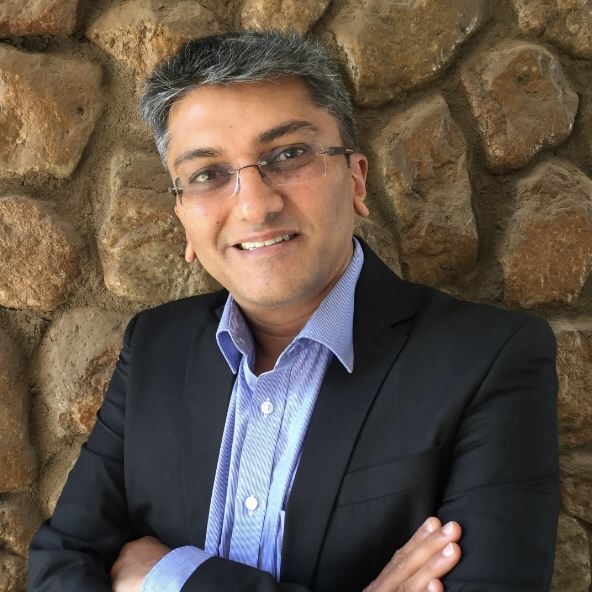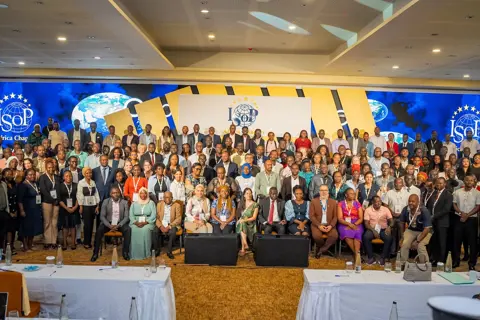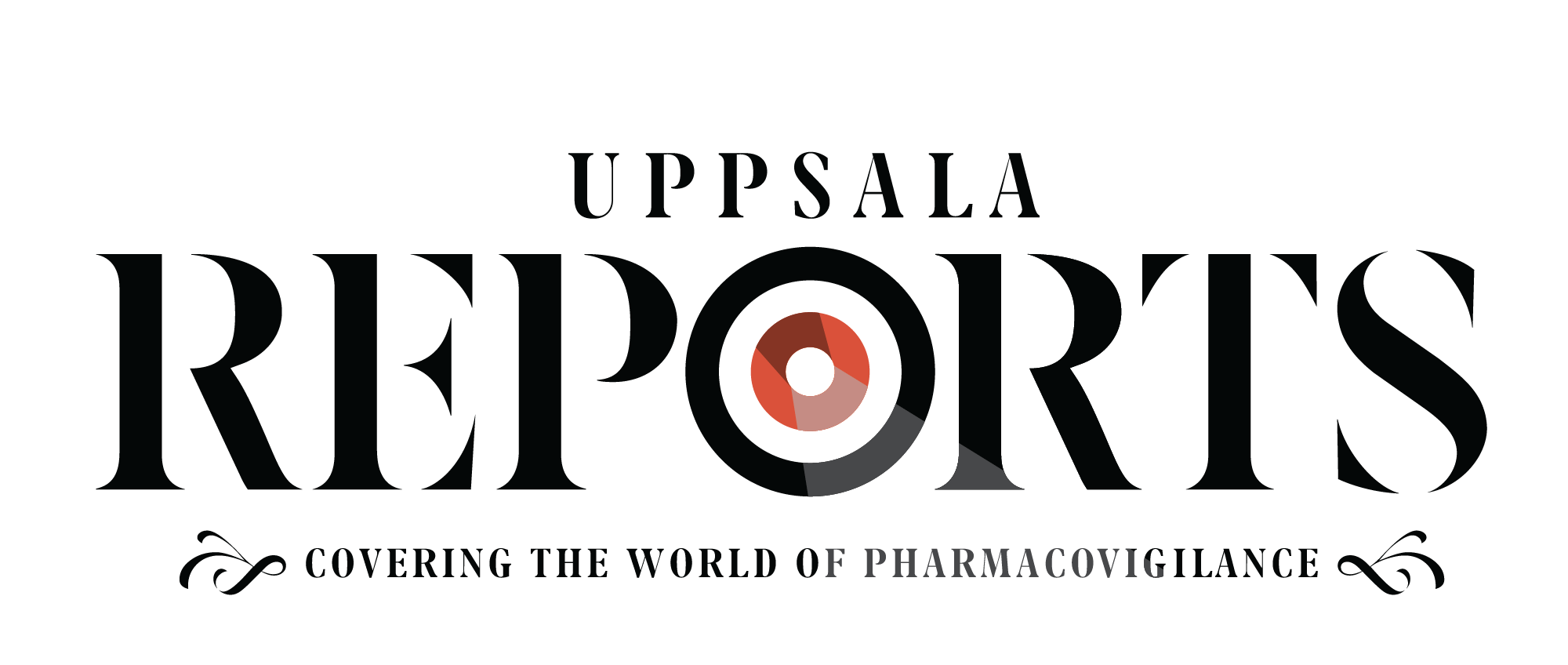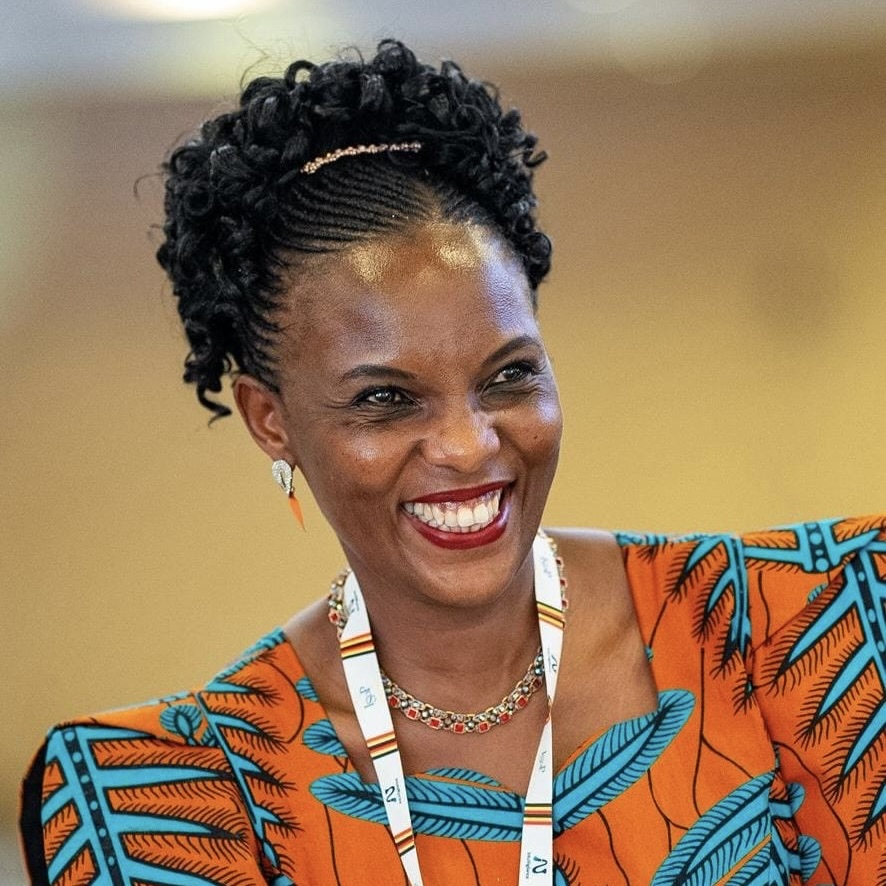
While the International Society of Pharmacovigilance (ISoP) has been active in Africa in the past, with previous conferences held in Ghana and Kenya, the COVID-19 pandemic posed a great challenge to scheduling in-person meetings for active knowledge sharing. At the request of its members, the executive committee of the ISoP Africa Chapter organised its first in-person scientific conference in Kampala, Uganda between 22 and 24 of July 2024, with the theme “Advancing Pharmacovigilance Practice in Africa – Moving from Data Collection to Data Driven Decision Making”.
The conference, hosted by the National Drug Authority (NDA) of Uganda, brought together nearly 300 patient safety experts from different practice areas including students, academia, regulators, and the industry to exchange knowledge on current pharmacovigilance issues, discuss the strategy to promote the practice of pharmacovigilance on the continent and create opportunities for networking among professionals and experts in the field of pharmacovigilance. Delegates from ISoP Global also attended the meeting, including its president, Dr Angela Caro Rojas, and its treasurer, Dr Omar Aimer. The honourable Minister of Health for Uganda, Dr Jane Ruth Aceng Ocero, along with the management and Board members of the NDA, officiated the opening ceremony and welcomed all delegates to the conference on its first day. The conference also marked the inauguration of the new ISoP Africa Chapter executive committee.
A rich agenda of presentations and discussions over eight sessions showed how pharmacovigilance in Africa has matured, and how locally generated data is helping to drive local therapeutic decisions and treatment choices. Indeed, countries in Africa are moving toward using locally generated patient data to inform clinical decisions and to generate signals of global interest, which has helped to shift the focus of pharmacovigilance efforts on patients rather than medicines. However, there is still a lot of room to grow the practice of pharmacovigilance in Africa, particularly with the emerging disciplines of haemovigilance, pharmacovigilance of medical devices, ecopharmacovigilance, and enhancing pharmacovigilance activities within community pharmacies and the hospital setting.

Attendees also learned the value of combined data and signal management and how digitising largely paper-based databases can build data networks and enhance the infrastructure for safety surveillance in lower-middle-income countries. Another session on the active monitoring of vaccines and medicines focused on technological advancements available to automate mundane data collection and processing activities which, in turn, enhance data accuracy and quality as well as process efficiency. Such discussions of course involved the use of artificial intelligence in enhancing data efficiencies in the safety monitoring of patients and products and are being deployed across various systems around the world including Africa.
However, there are still key challenges to the ongoing development of pharmacovigilance in Africa, such as the genetic diversity of its populations and ensuring the availability and monitoring of much-needed vaccines to the countries that need it. To move pharmacovigilance efforts forward, further research is needed to better understand the impact of genetics on treatment outcomes and adverse reaction profiles, as well as harmonise pharmacovigilance guidelines across the continent.
The conference also featured poster presentations, with prizes awarded to the best ones. The awardees were:
- Dr Elizabeth Wolderman Teketel et al. (Ethiopia) for their work on the pharmacovigilance system strengthening approaches of USAID medicines, technologies and pharmaceutical services (MTaPS) program and results obtained from the regulatory authorities in African countries,
- Dr Helen Byomire Ndagije et al. (Uganda) for their work on the quality of data in Uganda’s pharmacovigilance database, and
- Dr George Isabirye et al. (Uganda) for their work on a pilot study in Uganda to investigate the viability of the unstructured supplementary service data technology for pharmacovigilance.
Credit is due to all the participants, delegates, local organising committee members, event organisers, scientific committee members, ISoP representatives, as well as the NDA for making the conference such a success. The insights gained from the sessions, networks formed, and commitments made will undoubtedly serve as catalysts for further advancements towards enhancing patient safety and medicine regulation in Africa.
The presentations from the conference can be accessed from the chapter’s page on the ISoP website.







